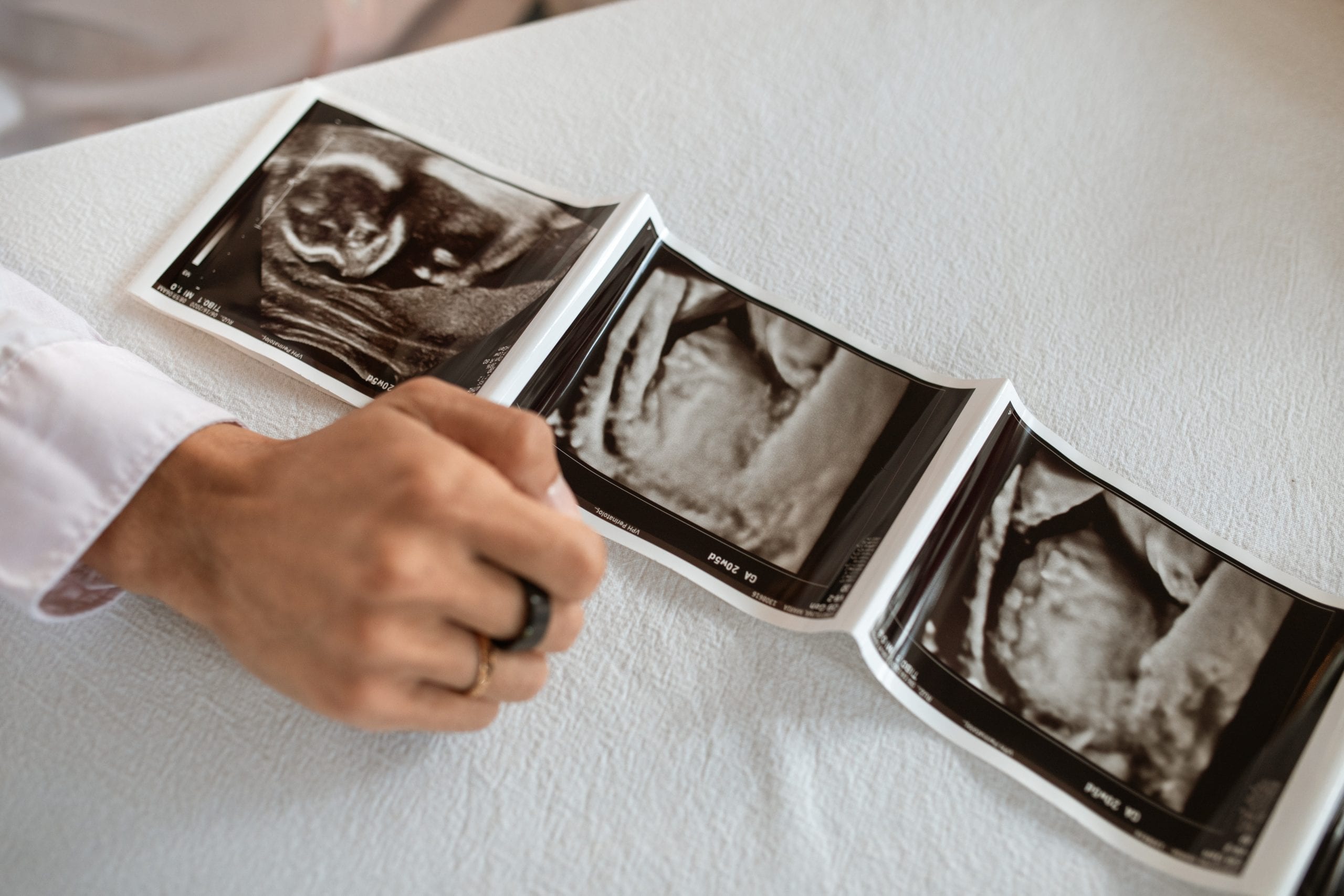On Dec. 1, the U.S. Supreme Court will hear arguments in Dobbs v. Jackson Women’s Health. Dobbs is the most important court case related to abortion in a generation. Pro-life advocates are hopeful that Dobbs will result in the overturning of Roe v. Wade (1973) and Planned Parenthood v. Casey (1992), thus rescinding the spurious claim that the Constitution protects the legal right to an abortion.
Reversing these infamous cases will not be the end of the pro-life cause, but rather will mark the beginning of the next phase of the movement. The murder of unborn human life will remain legal in some states, at least for a time. No outcome in the Dobbs decision will eliminate the desire on the part of some to have an abortion. Believers must be prepared for the future of pro-life ministry in a post-Roe world.
In a post-Roe world, some states will forbid all (or nearly all) elective abortions, making it legal only when the life of the mother is at stake or perhaps in cases of rape or incest. Other states will tighten significantly the circumstances under which a woman can have an abortion, similar to the “heartbeat” bills that have been passed in 11 states and currently face legal challenges from federal courts. Still other states, with more progressive legislatures, will move to codify abortion laws that closely mirror the current reality under Roe and Casey.
Christians in each of these contexts will need to think through the appropriate strategy to advocate for state laws that reflect the sanctity of human life. The abortion industrial complex, led by Planned Parenthood, will be well-funded and will fight hard to maintain the current abortion status quo in as many states as possible. State pro-life organizations and their ministry partners must be significantly better funded, continue to develop strategies appropriate to their context and labor to keep the pro-life cause continually in front of voters and public officials. National pro-life ministries must be prepared to shift most of their agenda to resourcing state organizations.
The overturning of Roe must energize local pro-life activism rather than leading to grassroots complacency because of the national legal victory. In a post-Roe world, some women will still want an abortion or believe abortion is their only option. There will still be the need for pro-life pregnancy resource centers in local communities. In states where elective abortion remains legal, those centers will continue to go head-to-head with abortion clinics. There will also still be young children in need of adoption, perhaps in some places more than there are at present. The church must remain committed to the ministry of orphan care, ready to care for little ones who need a loving home.
“Believers must be prepared for the future of pro-life ministry in a post-Roe world.”
Nathan A. Finn
Pastors, theologians and ethicists must continue to instruct believers on what scripture and the best of the Christian tradition teach about the sanctity of human life. Arguments against abortion, along with euthanasia, transhumanism, transgenderism and an ever-growing number of other challenges, will need to be framed within a holistic understanding of the doctrine of humanity. Christian leaders should teach in such a way that elective abortion is not only illegal, but is increasingly unthinkable, because a biblical vision of what it means to be God’s divine image-bearers thoroughly permeates the church and increasingly influences the wider culture.
Finally, there will continue to be women who have had abortions, as well as both men and women who have pressured a loved one to murder her unborn child. There will also be medical professionals who have performed legal abortions. We must bring the gospel to bear upon the lives of those for whom, tragically, abortion is part of their story. We must be prepared to provide ongoing pastoral care to those who wrestle with feelings of guilt and shame because of past choices. Our churches must be refuges for the repentant, regardless of the legal status of abortion in our particular state.
I was born in 1979, so I’ve never lived in an America where abortion-on-demand was not the law of the land. For me and other pro-life believers in my generation, envisioning the overturning of Roe and Casey has always taken an act of the sanctified imagination, a hoped-for dream that often seemed in the distant future. By God’s grace, that post-Roe world may be right around the corner. May it be so, Lord! And may the church be ready to continue the pro-life cause in a post-Roe world, for the glory of God and flourishing of every human life.
(EDITOR’S NOTE – Nathan A. Finn is professor of christian studies and history and Dean of the University faculty at North Greenville University in Tigerville, S.C.)

